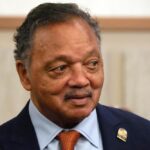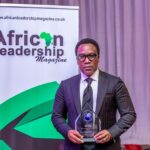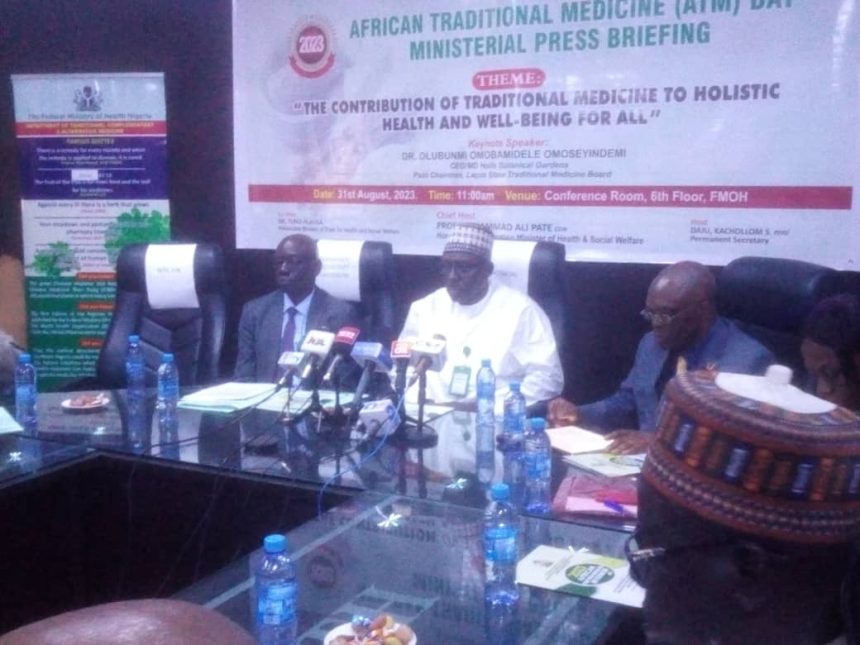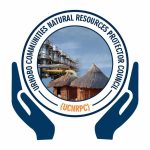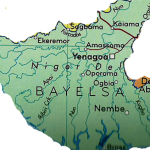The Federal Government has hinted that 81.6% Nigerian uses African Traditional Medicine (ATM) and this is not expected to be on the decline in the near future, especially in the face of the predicted increase in the global burden of diseases (WHO Global Status Report on non-communicable diseases (NCDs), 2011).
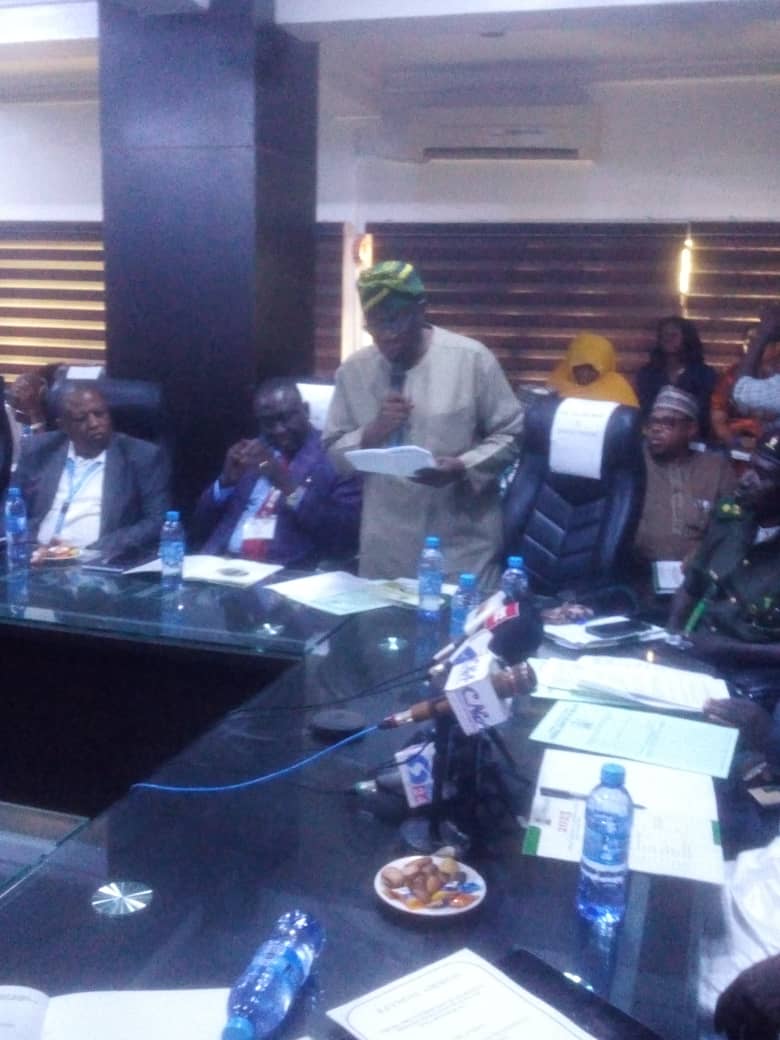
While adding that, Traditional Medicine is easily accessible and affordable and it is also culturally acceptable and trusted by a large number of people.
Speaking at Press Conference to commemorate the African Traditional Medicine (ATM) Day on Thursday in Abuja, the Minister of Health and Social Welfare, Prof. Muhammad Ali Pate said all Member States are urged to review the progress of implementation of the objective of institutionalizing Traditional Medicine into national health systems.
Represented by the Director Human Resources, Hassan Salam, Pate added that, “It is on record that Nigeria has been observing the ATM Day for the past two decades with activities for awareness creation and promotion of appropriate use and practice of Traditional Medicine in the Country. With about 80% of the rural population using TM as a primary form of health care, traditional medicine has made an invaluable contribution to the health and well-being for all.
This year’s theme, “The Contribution of Traditional Medicine to Holistic Health and Well-being for All,” encapsulates the essence of our commitment to recognizing and harnessing the rich heritage of African Traditional Medicine. Today, as we celebrate, we must acknowledge the role of traditional medicine in our lives and its connection to our holistic health and well-being.
“Studies have shown that traditional medicine use in The Renewed Hope Agenda of President Bola Ahmed Tinubu, Gcrr, seeks to bolster the economy by prioritizing Universal Health Coverage which is expected to frontally address the nation’s healthcare challenges. The healthcare plan will also focus on encouraging and improving funding for local research of new drugs and vaccines. It is a well-established fact that many medicines have their origin from herbal medicine which is a form of traditional medicine.
“Our approach to optimizing the strengths of our traditional medicine will also focus on favourable policies, institutional and political support, our rich biodiversity, qualitative data, scientific research, and the use of innovation to optimize the contribution of traditional medicine to universal health coverage and sustainable development, and will also be Quided by respect for our indigenous resources and intellectual property rights.
“During the COVID-19 period, a number of traditional medicine practitioners made claims on possible medicines for the management of the disease. The Ministry received about 35 products from these practitioners which were forwarded to NAFDAC for further analysis and possible listing. We can also recall the Madagascar Organic COVID-19 cure originated from medicinal plants”.
Pate further stated that, the strengths of traditional medicine, we must also strive to address the challenges that persist. Integration and collaboration between modern medical practices and traditional medicine are essential. We must ensure that our traditional healers have access to proper training, research, and resources, allowing them to standardize their expertise while also aligning with international best practices. This collaboration can lead to a healthcare system that is truly comprehensive and inclusive, benefiting all members of our society.
He said Nigeria will mobilize evidence-based actions in support of traditional medicine which serves as initial recourse for millions worldwide seeking to address their health and well-being needs. We will continue to work with support from WHO, WAHO and other partners like the Embassies of China and India to develop our Traditional Medicine for local use and commercialization. 1, | wish you fruitful deliberations as we celebrate the 2023 African Traditional Medicine Day.
Earlier, the WHO Regional Director for Africa, Dr Matshidiso Moeti who was represented by Dr Walter Kazadi Mulombo, the WHO Representative in Nigeria called on Member States to scale up their efforts and further implement evidence-based Traditional Medicine (TM) approaches to achieve the health-related Sustainable Development Goals and promote health and well-being for all at all ages.
She urged Member States to: Apply local knowledge, science, technology, and innovation to unlock the contribution of TM to advancing planetary health and people’s well-being across the life course, through regional and culturally appropriate nutrition and lifestyles within sustainable environments; Establish a high-level consultative mechanism with Indigenous Knowledge holders to guarantee their full participation and consultation in adopting and implementing relevant policies and actions associated with biodiversity management and Traditional Knowledge; Facilitate effective integration of traditional medicine into national health systems contributing to achieving universal health coverage and all health-related sustainable development goals.
Where appropriate, Member States should redefine laws, policies, and health services to enable holistic and relevant decisions, seamless choices with a transformative focus on prevention, maintenance, primary healthcare; Develop standards of the curriculum for continued training and education of traditional health practitioners to facilitate their integration into primary healthcare services, Accelerate the research, production, regulation, and formal utilization of evidence based traditional and indigenous products in national health systems, Develop monitoring systems and indicators for traditional medicine within national health information systems enabling the measurement and redirection of traditional medicine practices within countries, she further stated.


